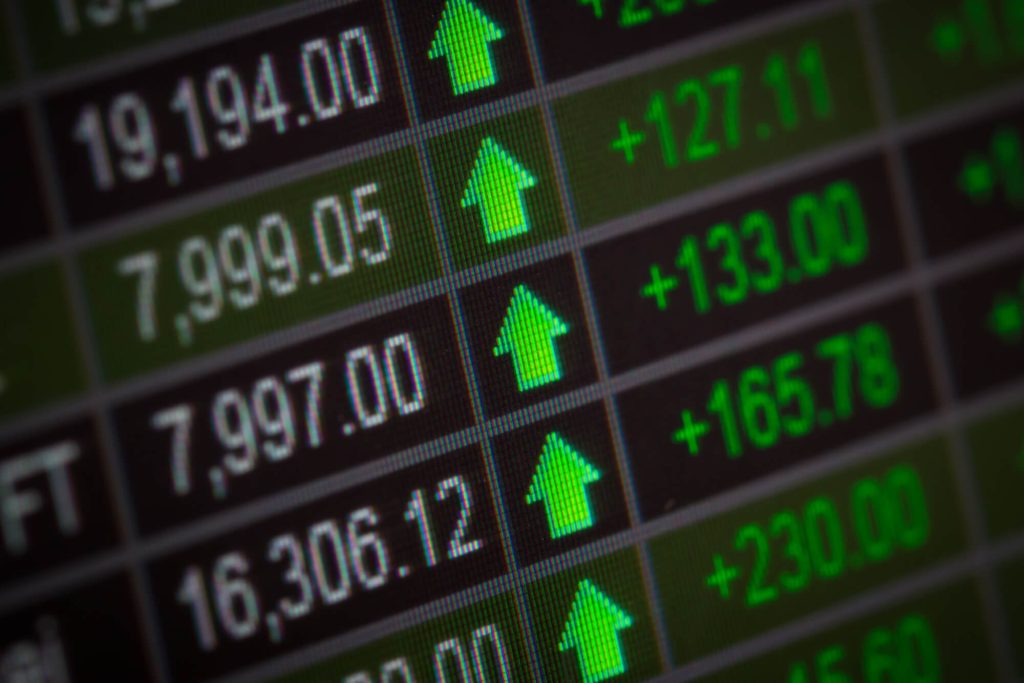
Introduction
The world of foreign exchange investment often leaves many potential traders questioning the legality and safety of forex transactions. In this article, we will address these concerns and shed light on the intricacies of forex trading to help investors make informed decisions.
1. Foreign Exchange Trading: A Matter of Risk Perception
Every form of investment carries its own inherent risks, be it stocks, funds, real estate, or businesses. The level of risk is largely influenced by one’s knowledge and understanding of the investment instrument. To illustrate this point, imagine embarking on a skiing adventure without any prior experience. For a novice, the risk of skiing is significantly higher due to the lack of skills and knowledge. Similarly, the foreign exchange market presents risks, but the degree of risk largely depends on the trader’s comprehension of the market.
The forex market operates 24/5 and offers leverage, enabling two-way trading. In a bullish market, traders can opt for long positions, whereas in a bearish market, they can choose short positions. This versatility allows traders to find opportunities to profit regardless of market conditions. Understanding the dynamics of the forex market and its associated risks empowers traders to mitigate and manage potential losses effectively.
2. Is Forex Trading Illegal in Malaysia?
In Malaysia, foreign exchange margin trading is not permitted. However, individuals can establish brokerage companies, acting as foreign exchange account opening agents. It is crucial to select reputable and formal agents to avoid encountering illegal agents and financial losses.
Investors in Malaysia can engage in foreign exchange transactions through two avenues:
a) Bank-based foreign exchange margin trading: While relatively safe, this method requires substantial capital with limited leverage and profit potential.
b) Trading on regulated foreign platforms: This option allows leverage trading 24/7, offering high-profit potential. However, it also entails higher risk due to increased leverage.
3. Minimizing Risk: Knowledge and Caution are Keys
While foreign exchange trading entails risks, investors can mitigate them by gaining a comprehensive understanding of the market and trading tools. Mastering appropriate skills and risk management strategies is vital for achieving profitability.
To ensure the legitimacy of foreign exchange trading, investors must choose regulated platforms or formal agents operating within foreign countries. Regardless of the chosen method, traders must approach forex trading with caution and rationality. Avoiding blind following of market trends and refraining from investing excessively are critical to success.
Conclusion
Forex trading presents both opportunities and risks. Understanding the market, instruments, and risk management techniques are essential for navigating the forex landscape successfully. In Malaysia, foreign exchange margin trading is not allowed, but investors can opt for regulated foreign platforms or formal agents to participate in forex trading. It is essential to remain vigilant, make informed decisions, and exercise proper risk control to thrive in the forex market. Forex trading demands specialized knowledge and experience, and only traders who maintain calmness, caution, and rationality can triumph in this dynamic financial arena.
Disclaimer:
The information provided in this article is for educational purposes only and should not be construed as financial advice or a recommendation for trading. Investors should conduct independent research and seek professional advice before engaging in foreign exchange trading. Forex trading carries inherent risks, and past performance does not guarantee future results. Any financial losses incurred in foreign exchange trading are the sole responsibility of the investor.




